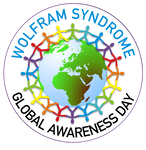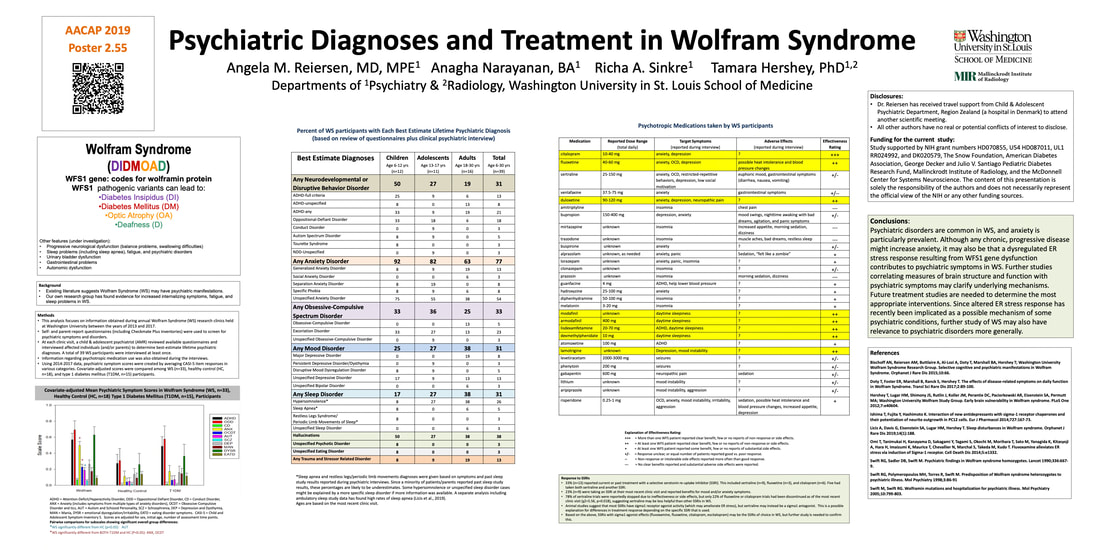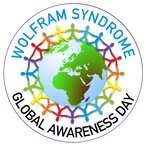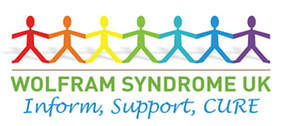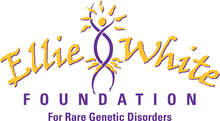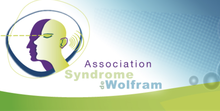Psychiatric Diagnoses and Treatment in Wolfram Syndrome
|
Psychiatric disorders are prevalent both in WS and in heterozygous carriers. Anxiety and depression are found to be particularly common. Some psychiatric manifestations may be predictable based on an individual patient's genotype. It is possible that dysregulated ER stress response resulting from WFS1 gene dysfunction contributes to psychiatric symptoms in WS. Studies correlating measures of brain structure and function with psychiatric symptoms may clarify underlying mechanisms and are currently underway at the Mallinckrodt Institute of Radiology at Washington University in St. Louis. Studies evaluating the most effective strategy for managing psychiatric symptoms in WS are needed to determine the most appropriate interventions. Disruption of the normal ER stress response has recently been implicated as the potential underlying mechanism of some psychiatric conditions. Further study to develop treatment strategies for WS may reveal treatments that are applicable to psychiatric disorders in general. (Adapted from Reiersen et al., 2019) Psychiatric diagnoses in WS include, but are not limited to,
Prevalence and treatment strategies for psychiatric diagnoses in Wolfram syndrome are detailed below. Recent evidence indicates that sigma-1 receptor agonists may alleviate various symptoms of Wolfram syndrome. (Crouzier et al., 2022). This data is consistent with Reiersen's findings that Luvox and Citalopram, both sigma-1 receptor agonists, are particularly effective in ameliorating symptoms of anxiety and depression in Wolfram syndrome. |
